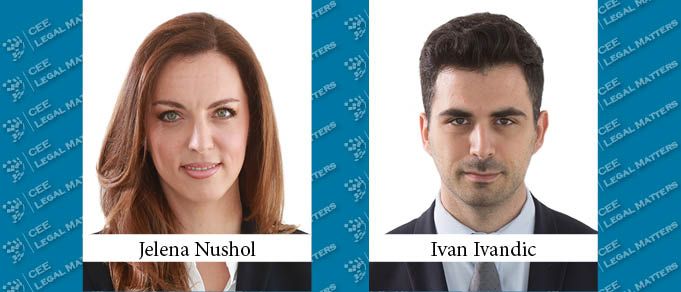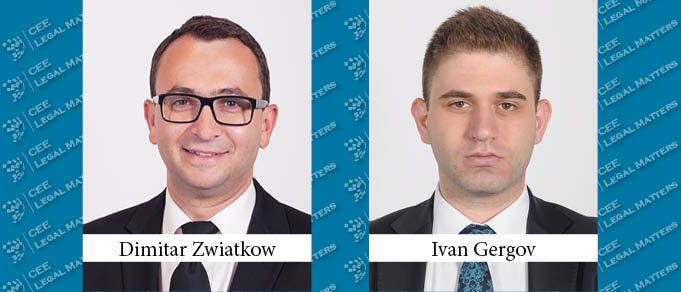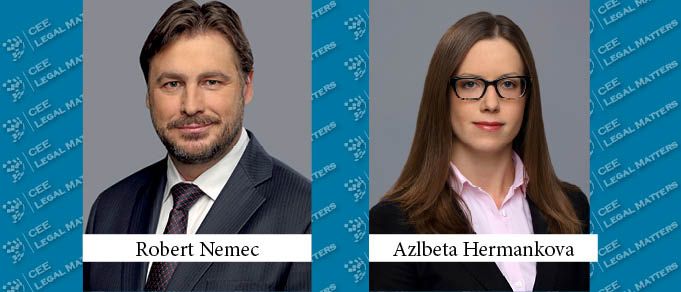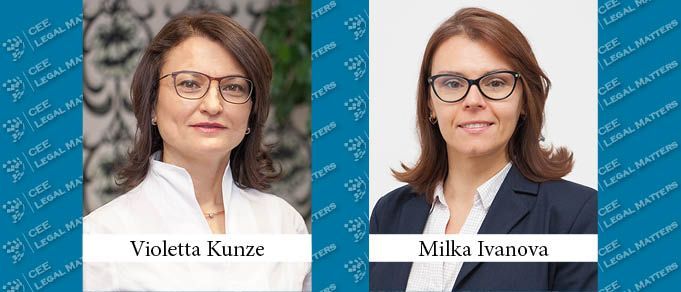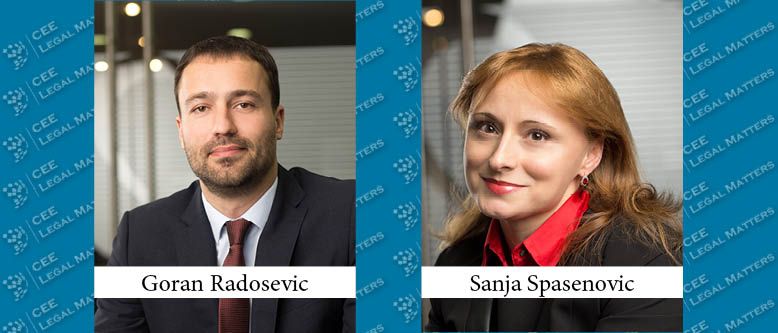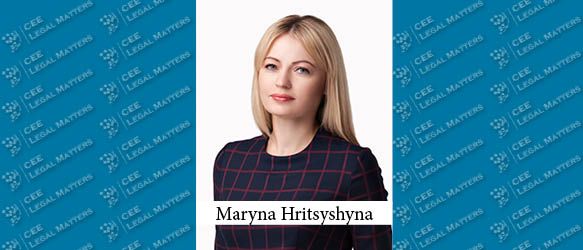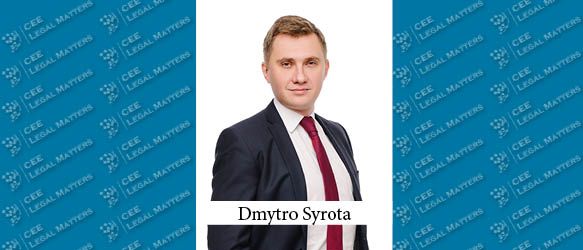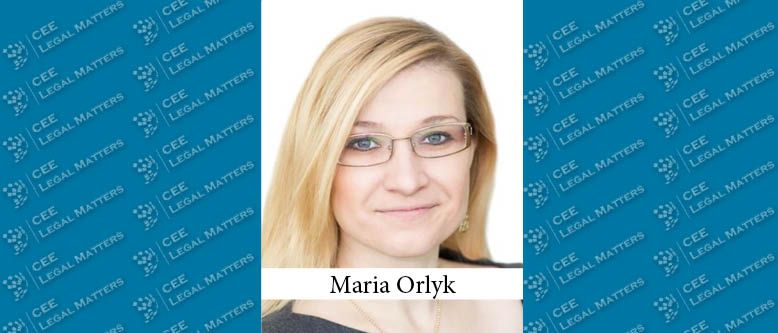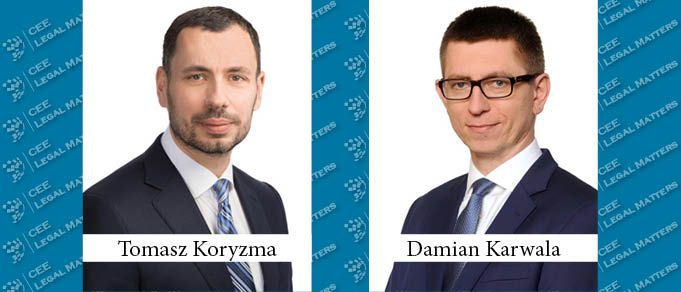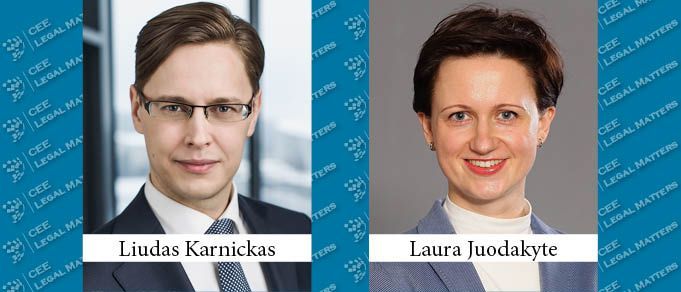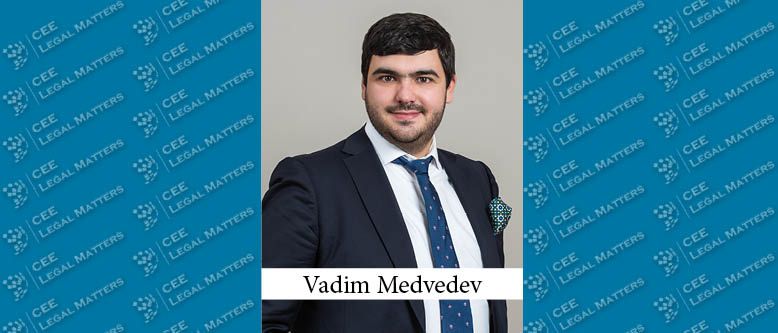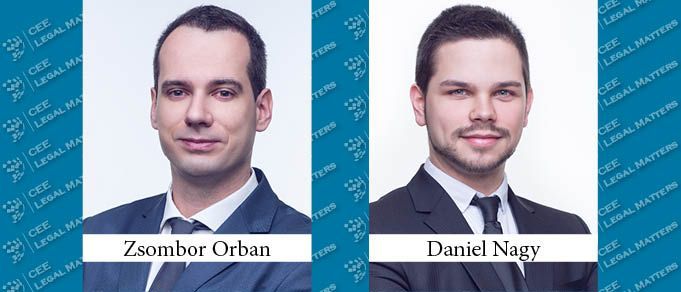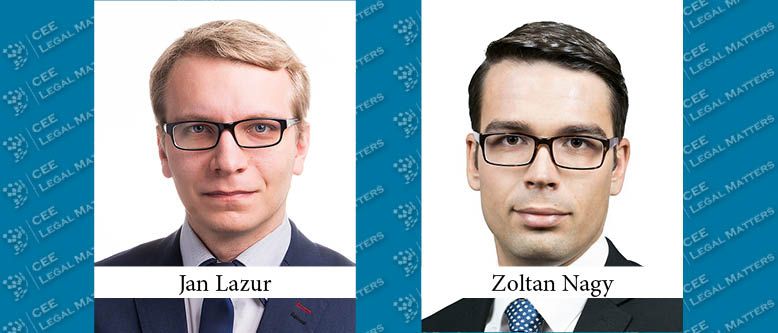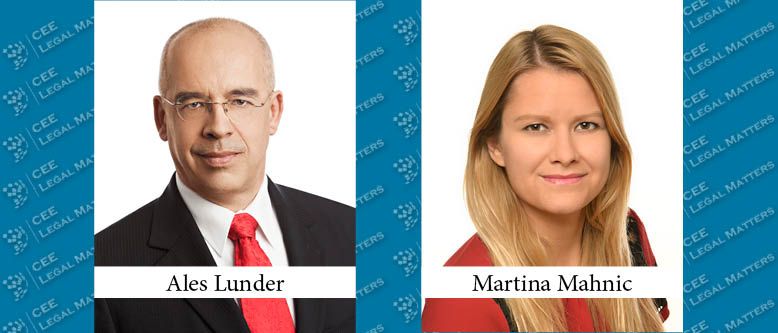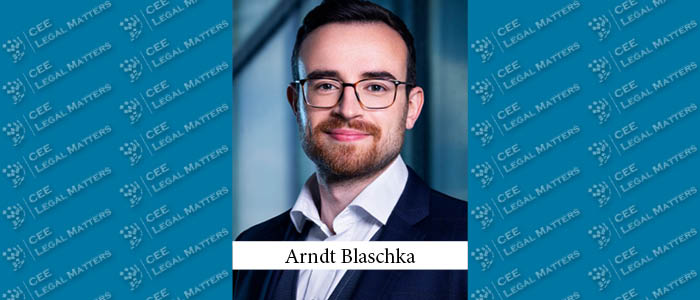When investors think of attractive and developed capital markets, Croatia’s is probably not the first to come to mind. Can that be changed?
Risk-Free Rates and the Future of LIBOR: A Bulgarian Perspective
In 2013, a wide range of changes were introduced in relation to the London Inter-Bank Offered Rate. A staple for a wide range of financial products, LIBOR has been the dominant rate for syndicated loans, bonds, and derivatives entered into on the Bulgarian, CEE, and wider European markets. However, following a series of problems over the past decade, the need to move away from LIBOR has become apparent. As panel banks would not be required to submit their references by the end of 2021, the question has become what the alternatives to LIBOR are and how they can be implemented.
The Challenge of Implementing Class Action Regulation in the Czech Republic
One of the challenges of introducing class actions to the Czech legal system is the finding of a proper balance between the interests of clients and those of attorneys. While the default position is that attorneys are to protect the justified interests of their clients and place them before their own (within statutory limits, of course), a careful balancing exercise will need to be carried out if class actions are to be allowed. While class action law is still at the stage of an initial proposal in the Czech Republic, this proposal is demonstrative of the direction the Czech Ministry of Justice intends to take.
Connected Cars in Bulgaria: Exploring the Legal Pitfalls
There were more than 2.7 million vehicles in Bulgaria in 2018, 319,639 of which were newly registered. Yet it appears that such figures, even in a country with a population of less than seven million, don’t necessarily create an opportunity for the development of connected car services. Why aren’t connected cars more significant and widely-used in Bulgaria?
Data Breach Notification Obligations in Serbia - Sector Specific or Generally Applicable Obligations
At the moment, there is no generally applicable obligation to report a personal data security breach in Serbia. This type of obligation is currently envisaged only by certain sector specific laws such as the Law on Electronic Communications.
Storing and Processing Personal Data for E-Commerce Companies Under Turkish Law
In the last ten years, e-commerce has become the most important platform of today’s consumer habits, becoming a major competitor to both retailers and their suppliers. As a result, many giant retailers are now directing their investments towards e-commerce activities.
Overview on Ukraine's Readiness for a New Electricity Market
Ukraine’s international obligations regarding reform of the country’s electricity market are determined by the Treaty establishing the Energy Community and the Association Agreement between Ukraine and the European Union, the European Atomic Energy Community, and their member states.
FMCG in Ukraine
Ukraine continues to bring its legislation in line with EU legislation, fulfilling its obligations under the Association Agreement between the EU and Ukraine. One of the ways to improve the laws of Ukraine is to establish a relationship between the consumers, producers, and sellers of goods – especially of non-industrial use goods.
The Gordian Knot of Ukrainian Gas Transmission System Unbuilding
Halfway through 2019 Ukraine has already seen major changes in its energy sector’s legal framework, including the effect of the recent decision of the Constitutional Court of Ukraine involving the legal status and decision-making authority of the Ukrainian energy market regulator (the “Regulator”). The shockwaves are likely to go far beyond 2019.
Poland Prepares Itself for 5G Technology
5G technology is the next stage in the development of wireless telecommunications networks. Thanks to much quicker data transmission speeds and fewer delays, this technology will make it possible to offer new quality services both for public uses such as smart energy grids, transport systems, and smart cities, and for private uses such as autonomous and automated vehicles and smart homes. Also, given the greater number of devices operated by one network unit, 5G will provide for better configuration options, making it possible to offer different services to a large number of users within one infrastructure. This distinguishes 5G technology from the technologies available today, where the activity of one user has an impact on other users and reduces data transmission speed.
The Forgotten Privacy-by-Design Will Not Forget You
Although the General Data Protection Regulation 216/679 (the GDPR) has been in force for more than a year, the concept of data protection by design (Art. 25) is still largely underestimated and insufficiently implemented into software products and their development processes in Lithuania. Developers of data-rich technologies still disregard or misinterpret this duty despite its business benefits. This is especially true for new technological products which strive for steady and continuous increase in user numbers but lose their grip with user privacy on the way.
Foreign Litigants in Ukrainian Proceedings: Challenges and Opportunities
Cross-border commercial disputes often raise a number of issues concerning the treatment of foreign litigants in domestic proceedings. A complete overhaul of Ukraine’s procedural rules back in 2017 included a number of specific rules for foreign litigants that they must consider, especially when they have no local presence or assets in Ukraine.
Automated and Autonomous Driving – Austrian Legal Aspects
The development of autonomous driving has been a recurring topic in the media in recent years. Technology in this area has progressed so much that autonomous vehicles are now ready for test drives on public roads. This development is subsequently exerting great pressure on local governments to create new laws allowing this type of testing and therefore driverless vehicles on public roads.
The New European Electronic Communications Code – A Further Step to Support Technological Development
Technology is part of our lives. And technological development leaves its mark on our lifestyle. We saw that in our own homes when we gave up our traditional landlines and used the fixed broadband Internet connection instead, at higher and higher speeds. We see that when exploring the ever-expanding features and options of our mobile handsets. We also see that while viewing high definition programs or when accessing digital interactive services through our TV sets, and when faced with the option of placing calls using traditional services or through new applications. We can see the technological development when rural areas have access to electronic communications and are thus able to reap the benefits of the digital economy.
What Did the GDPR Bring Us?
What did the GDPR bring us? “A lot of compliance work,” most clients would say, after months of tough and challenging work implementing the European Union’s new comprehensive data protection regulation. And in many cases that work is still unfinished. The prevalent view on the market is that the regulation is an artificial creation of another compliance requirement upon data controllers. But is it fair to say that the GDPR brought nothing but a very expensive compliance exercise?
New Minimum Quotas for the Promotion of Domestic Products in Slovakia
In Slovakia, a new amendment to Act No. 152/1995 Coll. on foodstuffs has been adopted, introducing new rules on how supermarkets ought to promote grocery products. According to the newly-adopted legislation, supermarkets and other sellers who promote grocery products are required to ensure that at least 50% of these promoted products are of Slovak origin. The new rules apply to online as well as classical forms of marketing.
Artifical Intelligence – Emerging Issues and Challenges
Artificial Intelligence is, after distributed ledger technology, the new frontier for legal scholars, and many are working to define how important and significant its future development is and how it is going to shape our legislation, affect our judiciary, and transform our societies. Many are striving to outline new legal definitions of AI, propose novel legal subjectivity and liability for AI’s defects or damage, or reframe ethical principles that AI has to follow, once we finally create it and release it to the world.
The Dawn of Artificial Intelligence Regulation
No innovations have ever had the magnitude of impact on everyday life as those pertaining to information technology and communication. As a result of their sophistication, endless amounts of data are readily available to us today, at any moment. Artificial Intelligence, making full use of this abundant resource, is a new technological tool sweeping through our world, promising to once again revolutionize our everyday lives. For that reason, it is of utmost importance that appropriate rules are adopted early on to foster innovation and trust in Artificial Intelligence, while ensuring respect for human rights and democratic values.

